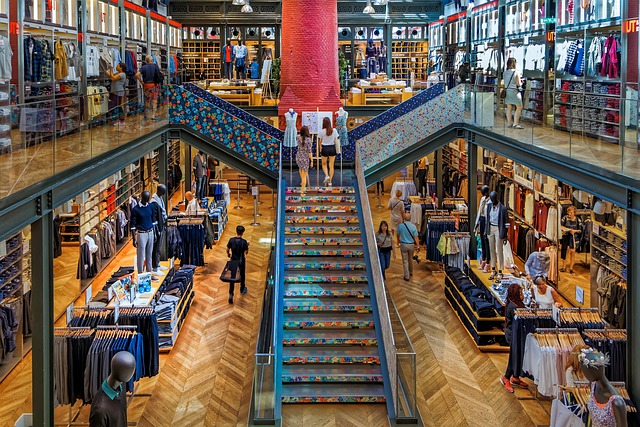The rapid growth of retail media sharpens the need for shared efforts to define and shape its future. RMNs and advertisers who embrace independence, sophisticated measurement, diverse marketplaces, and genuine privacy will be best positioned to succeed.












 for the latest news and job opportunities in retail tech
for the latest news and job opportunities in retail tech 